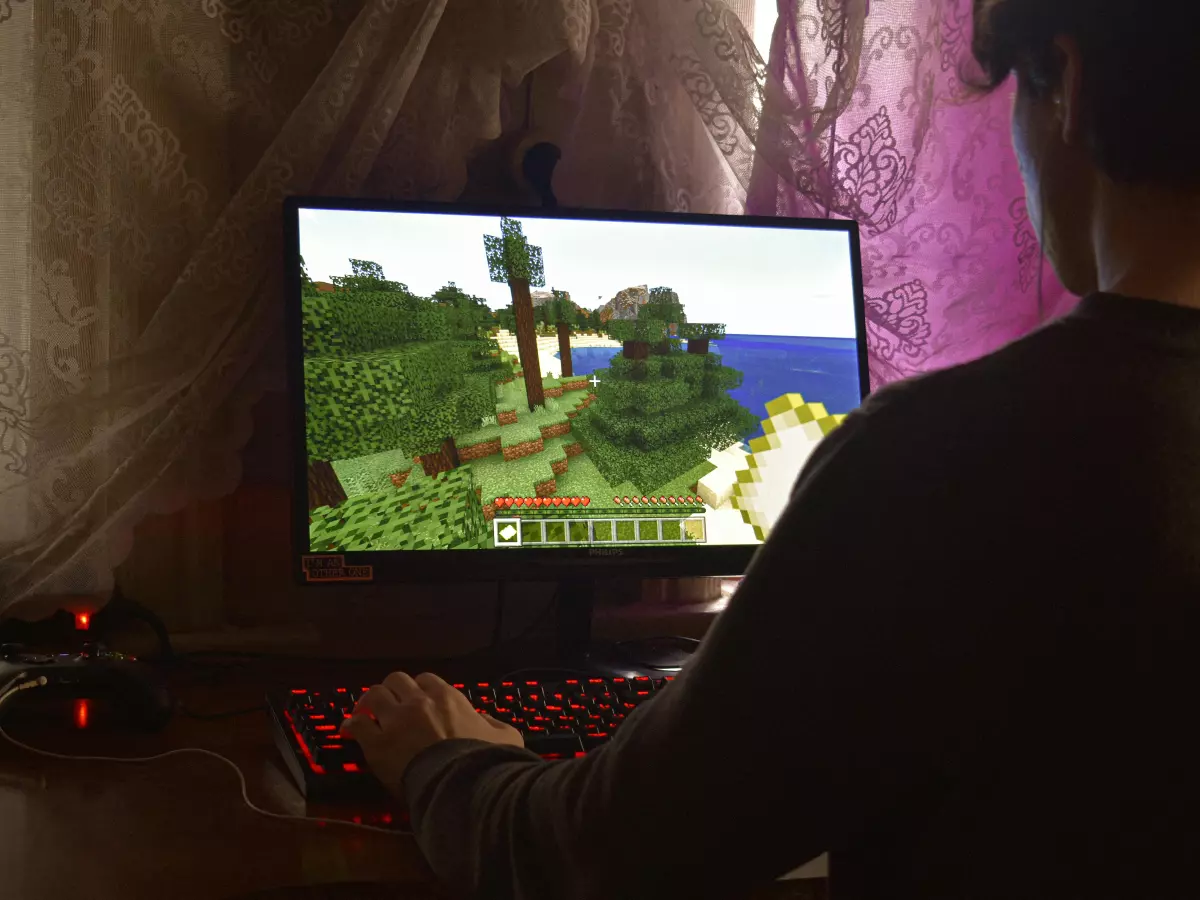Compression Magic
Think more RAM or a faster SSD is the only way to speed up your gaming experience? Think again. The real magic might be happening behind the scenes with game asset compression.

By Liam O'Connor
For years, gamers have been led to believe that upgrading hardware—more RAM, faster SSDs, beefier GPUs—is the only way to improve gaming performance. While hardware upgrades certainly help, they’re not always the magic bullet. In fact, one of the most overlooked aspects of gaming performance is how efficiently game assets are compressed and decompressed. Yes, compression—something you probably associate with zipping files or shrinking images—is a major player in the gaming world.
Let’s debunk the myth right here: It’s not just your hardware that determines how fast your game loads or how smooth it runs. Game asset compression techniques are quietly working behind the scenes to optimize performance and reduce load times. And here's the kicker: It’s not just about saving storage space. Compression can actually make your game run faster, smoother, and more efficiently.
What Exactly is Game Asset Compression?
Game asset compression is the process of reducing the size of the files that make up a game—textures, models, audio, and more—without sacrificing too much quality. This is crucial because modern games are massive. We’re talking about hundreds of gigabytes of data that need to be stored, loaded, and processed in real-time. Without compression, games would take forever to load, and your hardware would be under constant strain.
But compression isn’t just about making files smaller. It’s about making them easier to load and process. When a game engine can quickly decompress assets, it means faster load times, smoother transitions between levels, and less strain on your CPU and GPU. In short, compression is like a backstage crew that makes sure everything runs smoothly while you’re busy fragging enemies or exploring vast open worlds.
Lossy vs Lossless Compression: The Trade-Off
There are two main types of compression: lossy and lossless. Lossless compression reduces file size without losing any data, which is ideal for things like game code or high-fidelity textures that need to remain pixel-perfect. However, lossless compression doesn’t always shrink files as much as developers would like.
That’s where lossy compression comes in. With lossy compression, some data is discarded to reduce file size even further. This is often used for things like audio or textures where a small drop in quality won’t be noticeable to most players. The trade-off is that while lossy compression can save a ton of space, it can also introduce artifacts or reduce the overall quality of the game’s visuals or sound.
Game developers have to strike a balance between file size and quality. Too much compression, and you’ll start to notice pixelated textures or tinny audio. Too little, and your game will take up a ridiculous amount of space and load slower than a dial-up connection.
How Compression Impacts Performance
So, how does compression actually improve performance? Well, it’s all about efficiency. When game assets are compressed, they take up less space in memory, which means your CPU and GPU have less data to process at any given time. This leads to faster load times, smoother gameplay, and less strain on your hardware.
For example, when you boot up a game, the engine has to load all the textures, models, and sounds for the level you’re about to play. If those assets are compressed, the engine can load them into memory much faster. This is especially important for open-world games where new assets are constantly being loaded as you explore the environment.
But compression doesn’t just help with loading times. It also reduces the amount of data that needs to be streamed from your hard drive or SSD, which can improve performance in games that rely on asset streaming. In other words, compression helps your hardware do less work, which means better performance for you.
Texture Compression: The Unsung Hero
One of the most important types of game asset compression is texture compression. Textures are the images that are wrapped around 3D models to give them detail and color. Without texture compression, modern games would be nearly impossible to run on most hardware because the textures alone would take up an enormous amount of memory.
Texture compression algorithms like S3TC (S3 Texture Compression) or ASTC (Adaptive Scalable Texture Compression) allow developers to shrink textures down to a fraction of their original size without sacrificing too much quality. This not only saves space but also allows the game to load textures faster, which is crucial for maintaining smooth gameplay in fast-paced or open-world games.
Audio Compression: The Silent Partner
Audio compression is another key player in game performance. High-quality audio files can take up a lot of space, and if they’re not compressed, they can slow down your game’s load times and strain your system’s resources. By using audio compression formats like MP3 or OGG, developers can reduce the size of audio files without sacrificing too much quality.
Just like with textures, audio compression helps reduce the amount of data that needs to be loaded into memory, which can improve performance in games with a lot of voice acting, sound effects, or music. And let’s be real: No one wants their game to stutter just because a character is delivering a monologue.
Looking Back to Move Forward
Compression isn’t a new concept. In fact, it’s been around since the early days of computing when storage space was at a premium. Back in the day, developers had to get creative with compression techniques just to fit their games onto floppy disks or cartridges. Fast forward to today, and compression is still just as important—if not more so—because modern games are bigger and more complex than ever before.
So, the next time you’re waiting for a game to load or wondering why your rig isn’t melting under the pressure of a massive open-world game, remember that compression is quietly working behind the scenes to make your gaming experience smoother, faster, and more enjoyable. It’s the unsung hero of modern gaming, and it’s not going anywhere anytime soon.





